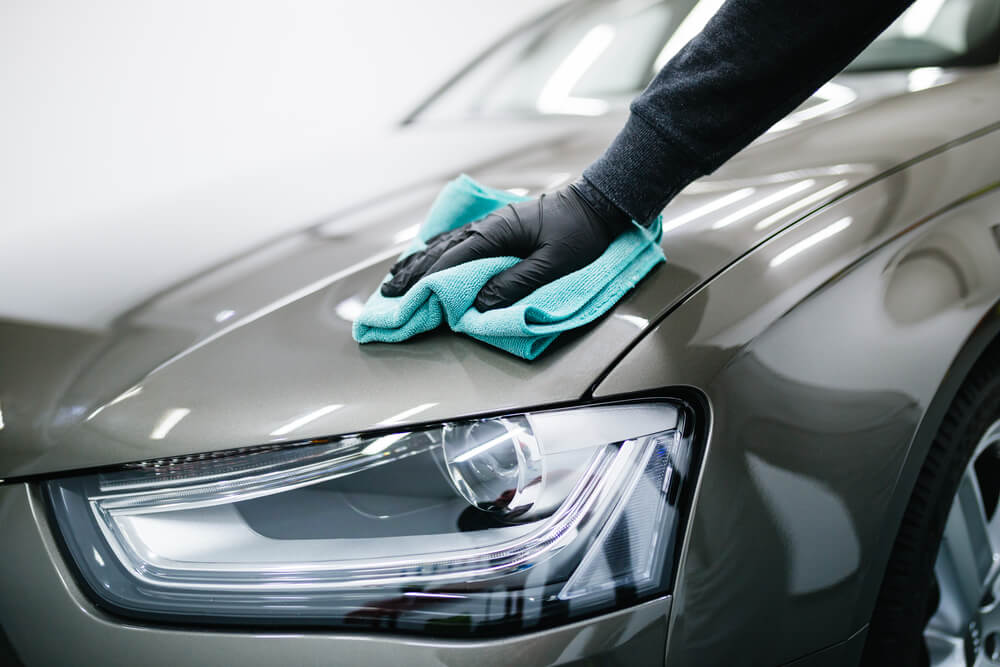Car Buying 101

By: Alex Morgan
The day has come. Your old pick-up truck or family minivan has seen better days. Much better days. And you’ve finally decided it’s time to take the plunge into car buying. Of course, buying a vehicle is not always an easy decision. With countless cars on the market, and car salespeople needing your business to meet their monthly goals, it can get tricky to know what you want, versus what you’re feeling pressured to buy. But before you hit the sales lot and choose your dream (or need) car, here are a few things to consider…
Think About Your Monthly Budget
Obviously, the first thing to consider, whether you’re searching for a new or used car, is your budget. If a new car is isn’t in your budget, then your choice is simple. However, it’s usually not as simple as knowing how much you’re looking to spend on the tag price of a vehicle. Instead, you should be thinking about how much you’re able to spend per month. Consider the costs of transportation, monthly and annual maintenance, and insurance. This budget should be weighed against your general budget.
Always Consider Depreciation
Unlike homes, cars don’t maintain or increase with value. Actually, vehicles have a rapid depreciation rate. If you purchase a new car, it could be worth half of its current value within 3 years, depending on the condition on mileage. As such, you are almost always going to be losing more money to depreciation when you buy a new car. This isn’t necessarily an indictment of getting a new car, but you need to know that both the upfront and backend costs are higher when considering if it is worth it to you.
Is Your Vehicle an Investment?
While your car generally can’t be an investment from an equity perspective in the way that a home can, it can still be an investment if you are using it for a specific purpose. If you have your own business or are convincing your work to purchase a company car, then that vehicle is providing value in some way. In these instances, it’s easier to get your return on investment if you buy used.
However, an exception to this rule would be if your company’s brand necessitates a newer or flashier image, which can be bolstered by getting the latest-and-greatest model of vehicle. Another exception to this might be because you want to achieve a better interest rate, as newer vehicles are known to have better financing options.
New Cars Have Less Risk
Most of our points so far make it look like it is far better to just get a used car. If you stopped reading right here, then you probably would think there’s no reason to ever get a new car. However, there are some benefits that you might find worth the money. For example, a new car offers you a certain peace of mind because there is less risk of something breaking and needing repairs. Driving a new car off the lot practically guarantees (with some exceptions) that you won’t need any repairs for the first 10,000 miles.
How Should You Pay?
Once you’ve established your budget, decided your vehicles overall “purpose” and shopped around, it’s time to make the purchase. Of course, this leads to the grandest question of them all: how are you paying? There are two main ways to pay for new and used vehicles: financing the car or paying entirely in cash. This question might be easy to answer. Paying off a new car in cash usually isn’t a financially stable option. In which case, getting an auto loan from your bank or directly from the dealership might be the answer. Before you make a final decision, this is a good opportunity to evaluate your credit as it stands. Knowing what’s in your bank account is one thing, but checking your credit will give you a greater sense of what interest rates you might qualify for. The better the score, the lower the interest rate. Have a great credit score? Borrowing money might be the best option, as you can pay off your loan with little interest. Have poor credit? It might be worth paying in cash and avoiding those hefty interest rates altogether.












